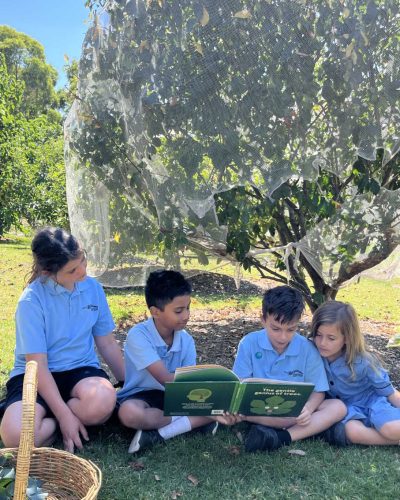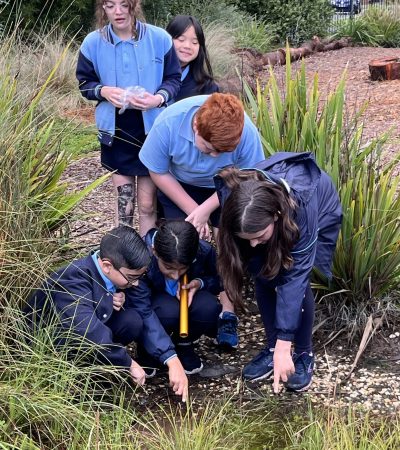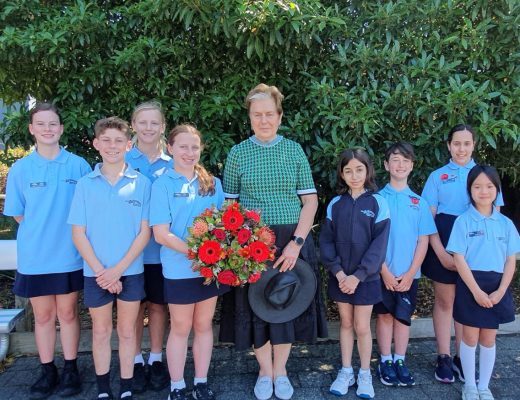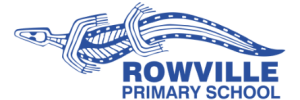Developing Citizens of the Future
The result of seven years of learning at Rowville Primary School is a well-rounded and ethical student who is committed to serving the community.
Through a value based restorative philosophy our teachers use classroom practices that build relationships. Through participation in the garden environment, performing arts and the Beyond Boundaries adventure program our students develop an understanding of “we are in this together”. This develops in students a sense of belonging and provides a solid foundation for being a citizen of the future.


Opportunities to Develop as Leaders
From the very first year that a student commences at Rowville Primary School they are given opportunities to develop experience as leaders.
We consider leadership to be skill that can be taught by teachers through exposure and practice. Our students are given opportunities to gain experience and practice the subskills of leadership- confidence, organisation, teamwork, and public speaking.
Our students are exposed through our curriculum to both formal and informal opportunities that enable them to develop these skills. There are opportunities in the classroom, at school assemblies and during our specialist programs. There are opportunities to undertake special duties. There are formal opportunities such as School and House captaincy. There are also opportunities to be elected to parliamentary working parties where students team together to work on a range of projects.
Our senior students model exemplary leadership skills to our students. Leadership modelled by members of staff who provide positive examples of a committed approach to leading and serving.
Emerging Leaders Program
The final year at Rowville Primary School begins with a unit of work where students study real life examples of leaders and how they have made a difference in the world. The unit of work inspires our students to harness the power the school values of perseverance, pride, responsibility, and respect to develop the subskills skills of leadership.
Students learn that having desire and an idea to improve a situation, together with the ability to recruit others to collaborate with them on a project, can make a small positive change.
During Term One, students collaborate in groups to identify a project of their own choosing. They use digital technologies to support them in their organization, collaboration, and execution of their vision. They refine their plans and implement their projects in Terms Two and Three and Four. The outcomes of their projects are shared at the end of the year.


